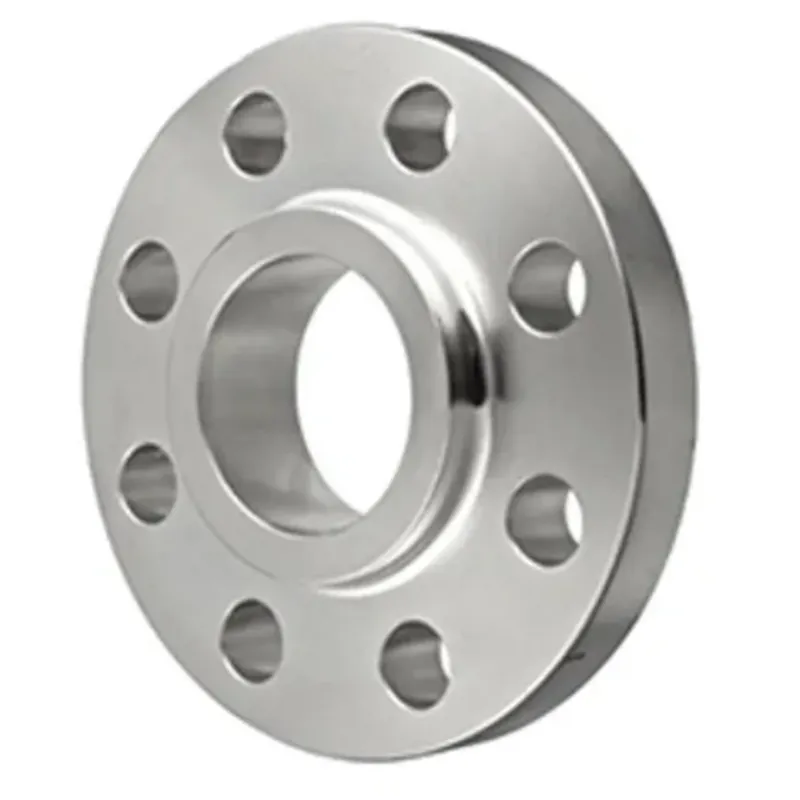-
Cangzhou Yulong Steel Co., Ltd.
-
Phone:
+86 13303177267 -
Email:
admin@ylsteelfittings.com

Oct . 10, 2024 06:08 Back to list
High-Quality Steel Pipe Caps Available for Purchase Online
Steel Pipe Caps for Sale A Comprehensive Guide
Steel pipe caps are essential components in a variety of industrial and commercial applications, particularly in piping systems. These fittings serve a vital role in sealing the ends of pipes, preventing contamination, and maintaining pressure within the system. With a vast array of caps available for sale, understanding their types, uses, and purchasing considerations can help you make informed decisions for your projects.
Types of Steel Pipe Caps
There are several types of steel pipe caps available in the market, each designed for specific applications. The two primary categories include
1. Welded Caps These caps are designed to be welded onto the pipe ends, ensuring a solid and permanent seal. Welded caps are commonly used in high-pressure applications or environments where safety and durability are paramount.
2. Threaded Caps These caps have internal threads that allow them to be screwed onto the pipe’s external threads. Threaded caps are often preferred for applications where frequent inspection or maintenance is required, as they can be easily removed.
Additionally, steel pipe caps come in various shapes and sizes to match the specifications of different piping systems. Standard options include round, square, and rectangular caps, while sizes often range from small diameters (1 inch) to much larger sizes (up to 24 inches or more).
Applications of Steel Pipe Caps
steel pipe caps for sale

Steel pipe caps are used across diverse industries, including oil and gas, construction, water supply, and wastewater management. They play a crucial role in ensuring the integrity of piping systems by preventing leaks and protecting against external contaminants. For instance, in the oil and gas sector, caps are used to cap off unused pipelines to prevent environmental hazards.
Purchasing Considerations
When looking to purchase steel pipe caps, several factors should be considered
- Material Quality Ensure that the caps are made from high-quality steel, such as carbon steel or stainless steel, to withstand the relevant pressures and corrosive environments.
- Standards and Certifications Verify that the caps meet industry standards, such as ASTM (American Society for Testing and Materials) or ANSI (American National Standards Institute) certifications, ensuring reliability and safety.
- Supplier Reputation Choose suppliers with a proven track record of providing high-quality products and reliable customer service. Reading customer reviews and seeking recommendations can be helpful.
- Cost-Effectiveness While price is an important factor, it should not compromise the quality and safety of the products. Comparing quotes from multiple suppliers can help you find the best deals without sacrificing quality.
In conclusion, steel pipe caps are vital components in various piping systems. By understanding the types, applications, and purchasing considerations, you can ensure that you choose the right caps for your needs, ensuring safety and efficiency in your projects.
Latest news
-
ANSI 150P SS304 SO FLANGE
NewsFeb.14,2025
-
ASTM A333GR6 STEEL PIPE
NewsJan.20,2025
-
ANSI B16.5 WELDING NECK FLANGE
NewsJan.15,2026
-
ANSI B16.5 SLIP-ON FLANGE
NewsApr.19,2024
-
DIN86044 PLATE FLANGE
NewsApr.19,2024
-
DIN2527 BLIND FLANGE
NewsApr.12,2024
-
JIS B2311 Butt-Welding Fittings LR/SR 45°/90° /180°Seamless/Weld
NewsApr.23,2024
-
DIN2605-2617 Butt-Welding Fittings LR/SR 45°/90°/180° Seamless/Weld
NewsApr.23,2024











